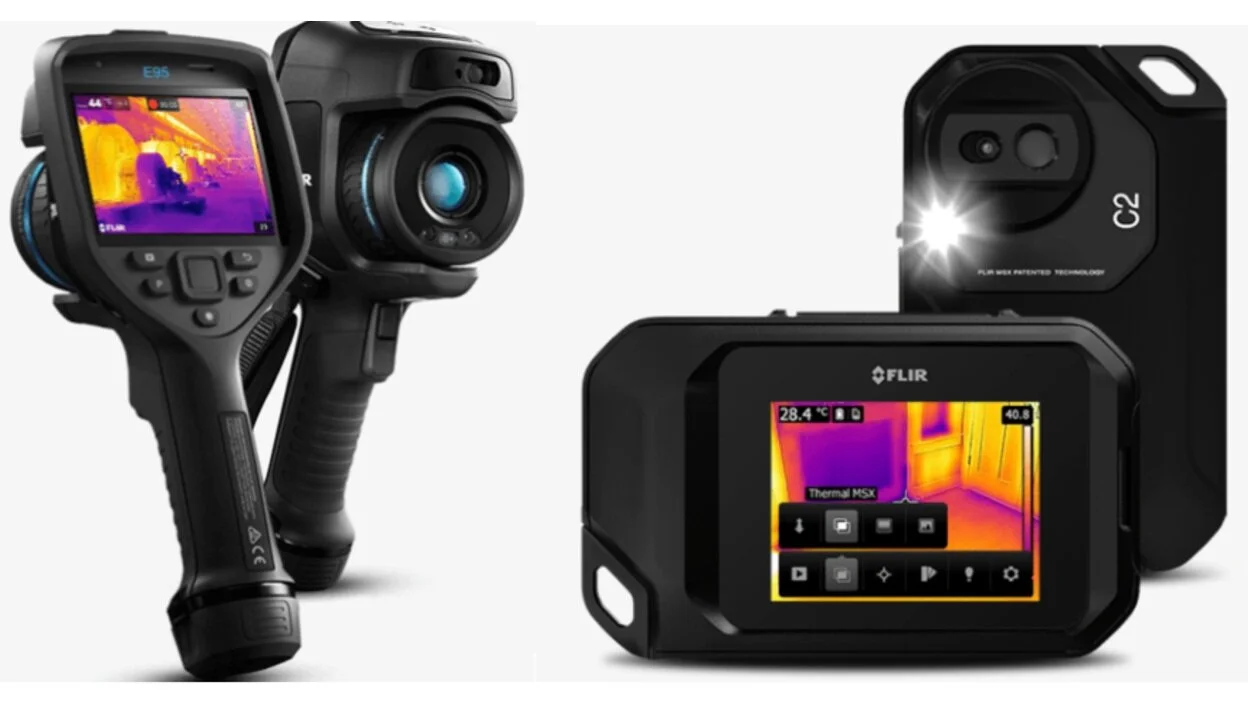
Mould & Moisture Assessments
Please check that your Building Biologist has completed the Advanced Mould Training as indicated on the directory. Any Building Biologist who has completed the Advanced Diploma will have already completed the Advanced Mould Training.
Your assessment should always include:
Moisture Mapping using a moisture meter to find the source of moisture
Thermal imaging using a thermal imaging camera
Assessment of indoor psychrometrics (humidity & temperature)
Outdoor visual inspection
Indoor visual inspection
Advice and recommendations in a written report
Some of the equipment you should expect a Building Biologist or Mould Testing Technician to use include:
Thermal Cameras
These measure temperature differences in a materials which we use to screen for signs of moisture. These do not measure moisture.
Moisture Meters
These measure moisture in a building material (timber, plaster, concrete, tiles etc). They will come with some attachments such as probes and pins. Many will also measure humidity levels
Borescope
In order to see into cavities and tight spaces, these instruments have cameras attached to a long probe. These can be inserted by drilling a small hole into a wall or floor, or simply into a gap.
Air Sampling
Usually, a combination of sampling techniques are used including air samples. This must always include an outdoor (control) sample.
Surface Sampling
Swabs and tape lifts are used in combination with air samples to determine fungi on a surface
ERMI
Environmental Relative Mouldiness Index is a dust sample collected determining the genera and species of moulds. These should always be used in conjunction with other testing methods.
To find out if mould is present within a wall cavity, destructive sampling may be warranted. Building Biologists should always discuss with their client the limitations with sampling including costs.
Many practitioners will wear Tyvek suits, gloves, booties and P3 respirators, which is best practice in protection from harmful spores they may come in contact with. This is often necessary when remediation is taking place.







